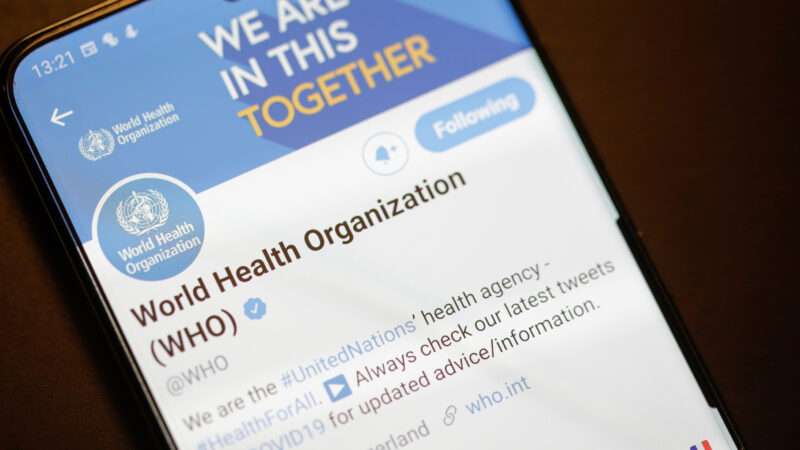
Researchers at Stanford University—in partnership with several nonprofits that have received government funding—worked with social media platforms to flag and suppress commentary on COVID vaccines, science, and policy that contradicted public health officials' stances, even when that commentary was true.
This new information comes from yet another Twitter Files entry of screenshotted emails and reports from independent journalist Matt Taibbi that reveals the back and forth between the Stanford-led Virality Project and receptive Twitter executives about policing alleged COVID misinformation on its platform.
Beginning in February 2021, and continuing with regular reports, Virality Project researchers encouraged Twitter to expand its misinformation policies to include true reports of vaccine side effects, criticism of vaccine passport systems for their imposition on rights and freedoms, and even discussion of legitimate scientific research on breakthrough infections on natural immunity.
Researchers with the project explicitly flagged "true content which might promote vaccine hesitancy," including other countries banning certain vaccines because of their health side effects. While individual true stories about negative vaccine side effects were not treated as misinformation or disinformation, they could be labeled "malinformation" if they exaggerated or misled people, said researchers.
14.VP told Twitter that "true stories that could fuel hesitancy," including things like "celebrity deaths after vaccine" or the closure of a central NY school due to reports of post-vaccine illness, should be considered "Standard Vaccine Misinformation on Your Platform." pic.twitter.com/nOyuw2r5cH
— Matt Taibbi (@mtaibbi) March 17, 2023
Stanford researchers, and later Twitter staff themselves, also flagged campaigns against vaccine passports as a worrisome bridge forming between the anti-vaccine community and the wider "right-wing media sphere."
15. In one email to Twitter, VP addressed what it called the "vaccine passport narrative," saying "concerns" over such programs "have driven a larger anti-vaccination narrative about the loss of rights and freedoms."
This was framed as a "misinformation" event. pic.twitter.com/ZdbKE1tFac— Matt Taibbi (@mtaibbi) March 17, 2023
In April 2022, the Virality Project issued a report calling for the creation of a new government agency housed within the Department of Homeland Security (DHS) that focused on misinformation and disinformation.
DHS briefly tried to create that board but then backed down after an intense public backlash to its authoritarian potential.
Virality Project researchers took exception to politicians like Sen. Rand Paul (R–Ky.) and Rep. Thomas Massie (R–Ky.) relying on research published by the Cleveland Clinic showing no benefits of vaccination to already infected individuals to make the case for protective natural immunity.
The stated concern was that legitimate scientific research was being used to "sow mistrust in American public health institutions."
35.A Cleveland Clinic study showed previous infection offered the "same immunity" as the vaccine, but VP said discovery was susbservient to narrative: "Whether or not… scientific consensus is changing, 'natural immunity' is a key narrative… among anti-vaccine activists." pic.twitter.com/wmdiynJG4y
— Matt Taibbi (@mtaibbi) March 17, 2023
Some of the Virality Project's partner organizations received funding from the Department of Defense and the National Science Foundation. The project also said it had developed "strong ties" with federal government agencies.
There's been a lot of reporting already (including from Reason) on the efforts by government agencies to pressure social media companies to police COVID speech they deemed false or misleading.
The latest Twitter Files shows that the definition of what's considered damaging misinformation is being stretched to include true things that might cause the public to react in ways that don't meet the approval of public health officials.
The post Researchers Pressured Twitter To Treat COVID-19 Facts as 'Misinformation' appeared first on Reason.com.







